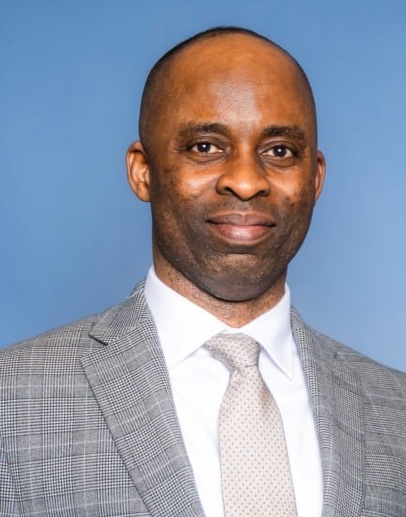“Daring to fail is the only path to meaningful growth.” – Michael Dell.
In 1989, Michael Dell and his thriving company then Dell Computer Corporation, faced a setback with Project Olympic, their initial foray into the server business. However, instead of letting this failure deter them, they leveraged it to their advantage. Out of the ashes of Project Olympic emerged a robust engineering capability, empowering them to swiftly pivot and repurpose their server architecture into a groundbreaking line of IBM-compatible computers.
Moreover, the setback provided invaluable lessons in agility and efficiency, particularly in inventory management. Dell transformed the planning crisis into an opportunity to streamline operations, making them more responsive and adaptable to market demands. Today Dell brings together the world`s broadest GenAI infrastructure portfolio with the world`s most comprehensive multicloud portfolio to help lead the AI revolution.
Turning failure into fortune is not just a possibility, it’s a strategic move towards success. You can successfully leverage failure to your maximum advantage by changing the way you see failure because failure isn’t the end but rather a crucial stepping stone on the growth path. Author and Speaker, Jeff Henderson said, “The way you view life is the way you will do life.” This is what this new teaching is all about, to make you change how you see failure and leverage it to your advantage!
American actress and talk show host, Aisha Tyler said, “Success is not the absence of failure; it’s the persistence through failure.” Failure, I strongly believe is a terrible thing to waste because it presents a valuable opportunity for growth, learning, and innovation. Here’s why:
1. Learning Opportunity: Failure provides invaluable lessons that success often cannot. It offers insights into what went wrong, what can be improved, and what strategies need to be adjusted. By analyzing failure, individuals and organizations can gain a deeper understanding of their strengths and weaknesses, enabling them to make more informed decisions in the future. Best-selling author of Think and Grow Rich, Napoleon Hill said, “Every adversity, every failure, every heartache carries with it the seed of an equal or greater benefit.” 2. Innovation Catalyst: Failure encourages experimentation and risk-taking, essential components of innovation. When conventional approaches fall short, failure prompts individuals to explore alternative solutions and think outside the box. Some of the greatest breakthroughs in history have stemmed from failed attempts and the subsequent pursuit of innovative ideas. Henry Ford said, “The only real mistake is the one from which we learn nothing.” [To be continued next week].


